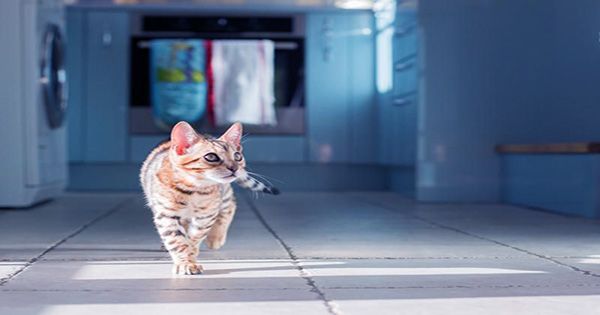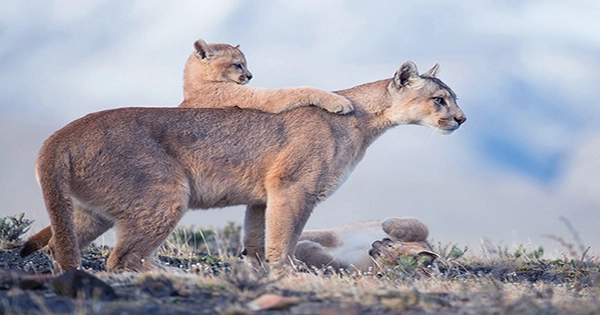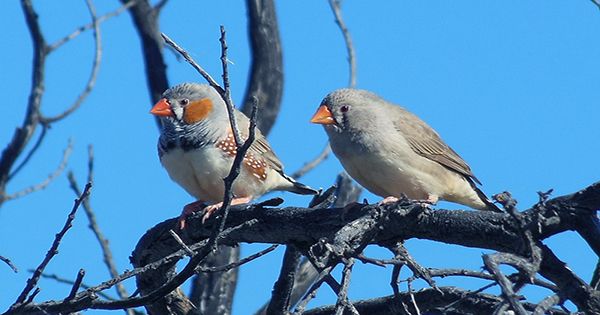If you have COVID-19, your pet has a good chance, according to a new study. Reported in the Journal of Emerging Infectious Diseases, the researchers tried to judge how common the juicy-COV-2 antibodies were in cats and dogs across Italy. Their research found that 16.2 percent of cats and 2.3 percent of dog’s acquired antibodies to the virus responsible for CVV-19 between March and June 2020, indicating that they were also infected with the virus.
Moreover, it appears that 20 percent of cats and 3.2 dogs whose SARS-CoV-2 infected owners were infected with the virus. The survey may not be representative of a relatively small and larger world – at the time of the study, Italy was enduring a naughty first wave – but it did mention that a significant number of pets, especially cats, were infected with the stork-cove. -2 If their owner caught the virus. To reach their findings, Italian scientists studied 198 samples (130 from dogs and 68 from cats) collected from pets collected across the country, where there was a significant wave of cases at this time.
As a control, they also looked at 100 samples (65 from dogs and 35 from cats) collected in different parts of Italy before the epidemic. Overall, 54 cats and 93 dogs lived in families where people tested positive for SARS-CoV-2. Eleven cats and three dogs have been found as seropositive for juicy-covi-2. All owners infected with SARS-CoV-2 suggested that they catch the virus from their human counterparts.
Most of the pets show signs of nausea, coughing and a runny nose; four out of 14 animals are incomplete. “A higher percentage of samples tested positive, which confirms more sensitivity and tendency in cats than in dogs reported in previous tests,” the report said. Cats were also susceptible to stork-related human coronaviruses in 2003 when a study confirmed that cats were more likely to be infected and that the virus could infect other animals in contact with the virus.” In the early days of the COVID-19 epidemic, there were several reports around the world that cats and dogs had contracted the infection from their owners.
The zoo then has positive test reports for tigers and gorillas, as well as detainees on animal farms. Fortunately, the risk of pets is relatively low and instances of infection seem to be much lower than in humans. While there have been few deaths among cats, most animals seem to recover easily from the disease. However, an early study found a link between cats’ heart problems and newer COVID-19 variants. Potential COVID vaccines are being developed for animals, although it is not yet known if pets will need them.
















